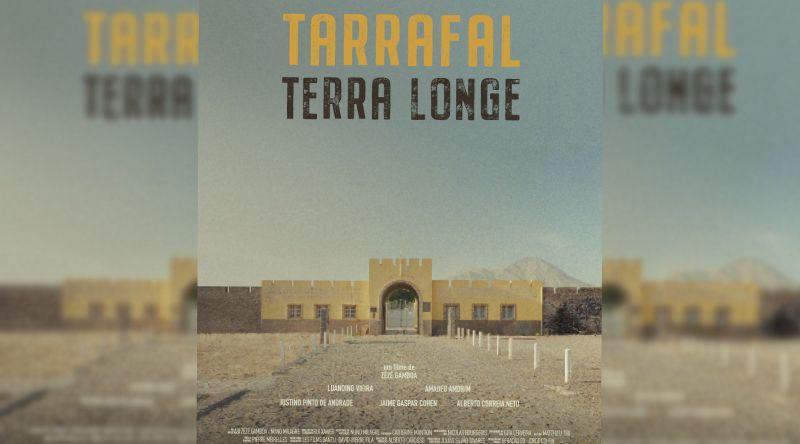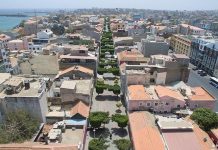Africa-Press – Zambia. The film “Tarrafal, Terra Longe” by Angolan filmmaker and director Zeze Gamboa, to be screened this Tuesday at 5:00 PM, addresses the experiences of Angolan prisoners in the Tarrafal Concentration Camp, marked by suffering, resilience, and determination.
The screening is part of the activities organized by the Pedro Pires Institute for Leadership (IPP), in partnership with the Institute of Cultural Heritage (IPC) and the Tarrafal Municipal Council, in commemoration of the 50th anniversary of Cape Verde’s independence.
In statements to Inforpress, Zeze Gamboa explained that the production portrays the fascist and totalitarian era that dominated the time, and that people opposed to the regime were imprisoned simply for having committed the crime of “opinion.”
According to the director, the camp was created by the Portuguese in 1935 to imprison the first anti-fascist political prisoners during the Oliveira Salazar dictatorship, and was subsequently closed in 1956, reopening in 1961 to receive Cape Verdean, Guinean, and Angolan patriots.
“This story has already been told several times by Portuguese filmmakers, but focusing on the Portuguese. The part about the Africans who were imprisoned was missing,” he said, adding that the cry for freedom was one of the main reasons that led to the production of the film.
The project, as he explained, began in 2010, but was only fully completed in 2022 due to lack of funding, being completely finished in 2024 and premiering in Angola on September 27th.
According to Zeze Gamboa, the fact that the Angolans were far from their families meant a lack of visits, which made the situation even more unsustainable. “From a physical standpoint, this is horrific, and psychologically it’s torture,” he considered, adding that the documentation is based on testimonies from the characters and the lives they led before their imprisonment.
When asked how viewers might receive the film, Zeze Gamboa stated that each viewer, “depending on themselves,” will be able to determine their own emotions, emphasizing that “each audience is unique.”
The director also highlighted the emotional weight that the space itself brings to the film’s screening, noting that the camp has hosted various cultural activities, but never a cinematic one.
For More News And Analysis About Zambia Follow Africa-Press







